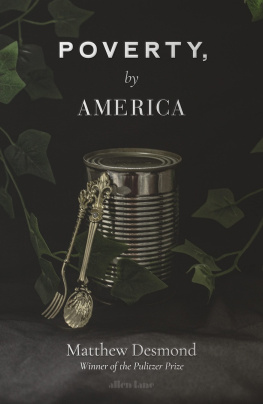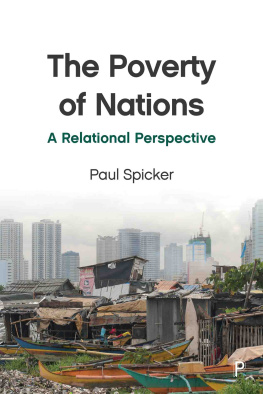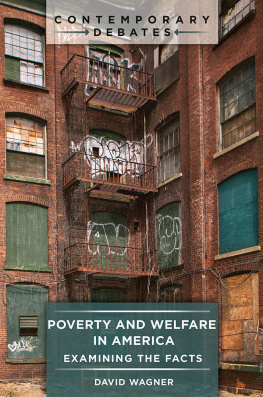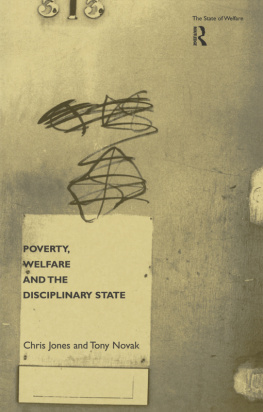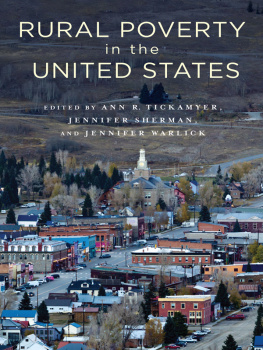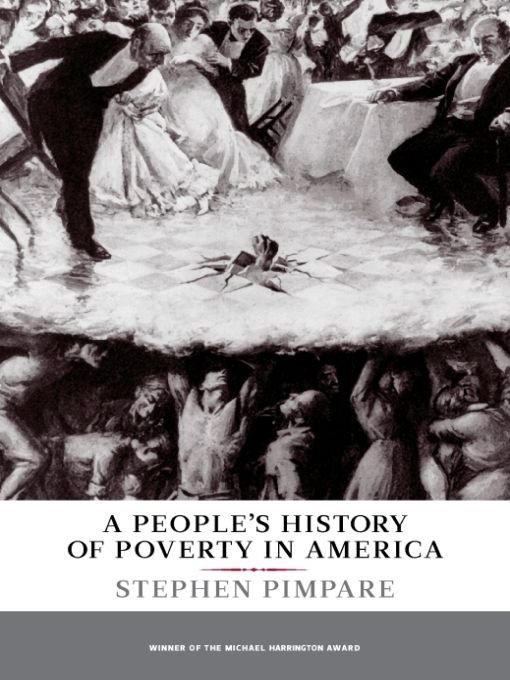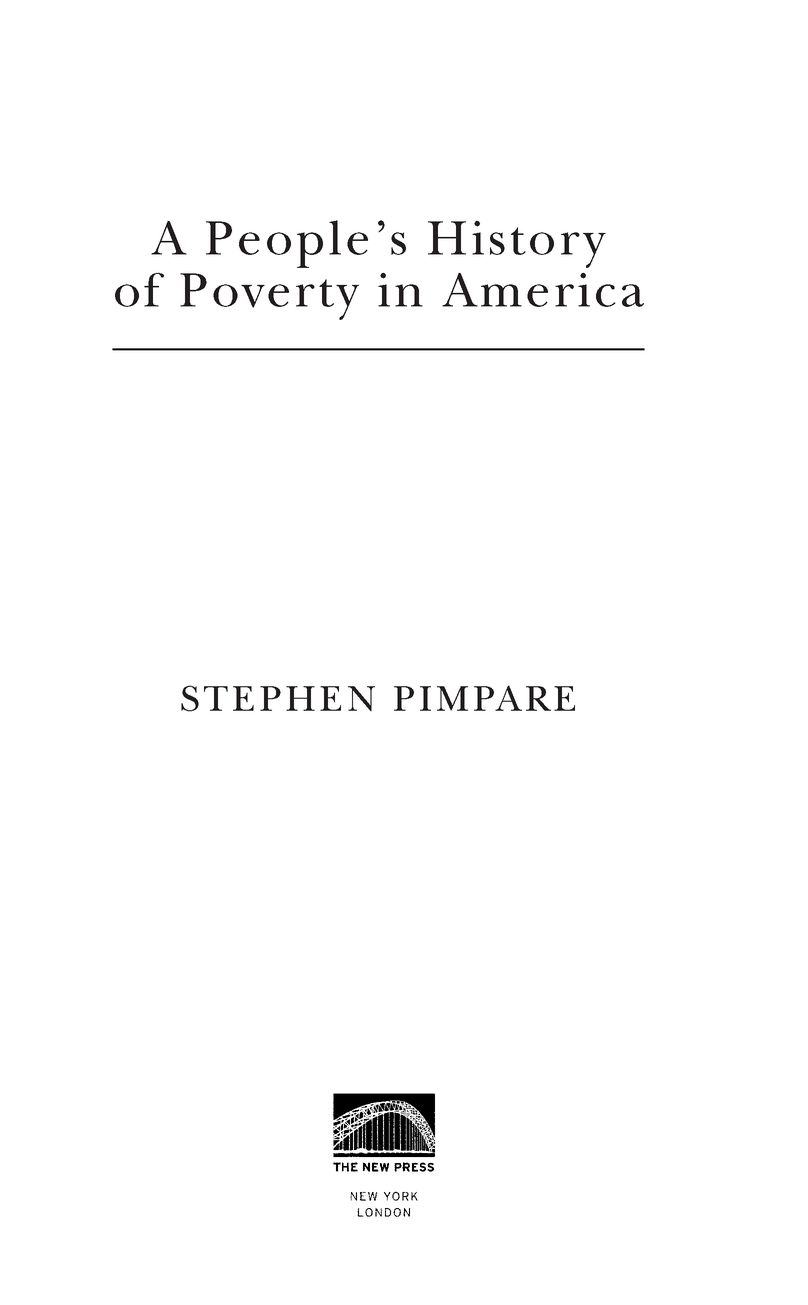Table of Contents
The New Press Peoples History Series
Howard Zinn, Series Editor
A Peoples History of the United States:
The Wall Charts
Howard Zinn and George Kirschner
A Peoples History of the United States:
Abridged Teaching Edition
Howard Zinn
A Peoples History of the American Revolution:
How Common People Shaped the Fight for Independence
Ray Raphael
A Peoples History of the Vietnam War
Jonathan Neale
The Mexican Revolution
Adolfo Gilly
A Peoples History of the Civil War:
Struggles for the Meaning of Freedom
David Williams
The Darker Nations:
A Peoples History of the Third World
Vijay Prashad
A Peoples History of Poverty in America
Stephen Pimpare
A Peoples History of Sports in the United States:
250 Years of Politics, Protest, People, and Play
Dave Zirin
for Kathleen Bergeron and JoAnn McGravey
Stop a moment. I am going to be honest. This is what I want you to do. I want you to hide your disgust, take no heed of your clean clothes, and come right down with mehere, into the thickest of the fog and mud and foul effluvia. I want you to hear this story.
Rebecca Harding Davis, 1861
We have come to know that every individual lives, from one generation to the next, in some society; that he lives out a biography, and that he lives it out within some historical sequence. By the fact of his living he contributes, however minutely, to the shaping of this society and to the course of its history, even as he is made by society and by its historical push and shove.
C. Wright Mills, 1959
We tell ourselves our individual stories so as to become aware of our general story.
Ralph Ellison, 1978
We are readers of history. Especially for leaders and organizers from the ranks of the poor, reading and interpreting history is a matter of survival. When discussions, explanations, and theories about us and our situation have been controlled by otherspeople who currently control the institutions of societywe must make our own, rooting them in our experience and interpretation of history.
Willie Baptist and Mary Bricker-Jenkins, 2002
Many in our country do not know the pain of poverty, but we can listen to those who do.
George W. Bush, 2001
Series Preface
Turning history on its head opens up whole new worlds of possibility. Once, historians looked only at societys upper crust: the leaders and others who made the headlines and whose words and deeds survived as historical truth. In our lifetimes, this has begun to change. Shifting historys lens from the upper rungs to the lower, we are learning more than ever about the masses of people who did the work that made society tick.
Not surprisingly, as the lens shifts the basic narratives change as well. The history of men and women of all classes, colors, and cultures reveals an astonishing degree of struggle and independent political action. Everyday people played complicated historical roles, and they developed highly sophisticated and often very different political ideas from the people who ruled them. Sometimes their accomplishments left tangible traces; other times, the traces are invisible but no less real. They left their mark on our institutions, our folkways and language, on our political habits and vocabulary. We are only now beginning to excavate this multifaceted history.
The New Press Peoples History Series roams far and wide through human history, revisiting old stories in new ways, and introducing altogether new accounts of the struggles of common people to make their own history. Taking the lives and viewpoints of common people as its point of departure, the series reexamines subjects as different as the American Revolution, the history of sports, the history of American art, the Mexican Revolution, and the rise of the Third World.
A peoples history does more than add to the catalogue of what we already know. These books will shake up readers understanding of the pastjust as common people throughout history have shaken up their always changeable worlds.
Howard Zinn
Boston, 2000
INTRODUCTION
The Indignant Poor and the Constants of Relief
I am reminded of the old lady who went from the interior to the sea. She had lived a life of poverty. She had never had enough of anything. All the food that went upon her table, all the clothing she wore, had to be carefully considered. One day, she was taken by some kind relatives to the seaside. There she sat in silence, and not a word was to be had from her at first; and, when they looked at her, the tears were rolling down her cheeks. Why, aunt, said her niece, what is the matter? Are you sick? No, she cried, I am not sick; but, thank God, I have seen something there is enough of.
Oscar McCulloch, 1889
One December early in the terrible depression of 1893, with Christmas approaching, a parade of finely attired ladies from the Childrens Potted Plant Society made their way down to the slums of New Yorks Lower East Side on a charitable mission. Their plan was simple: they would give a small plant to each of the neediest young cases, offering them a bit of life and color for their grim, cramped abodes. They looked forward to the grateful, smiling faces as they distributed their bounty, one little plant to each little pauper. Perhaps that warm thought made up for the trepidation they must have felt venturing into such foreign territory. Helen Gould (daughter of Jay Gould, the ruthless robber baron) counted the society among her most favorite charities.
Perhaps you can imagine their surprise, then, when instead of being met by an orderly procession of humble supplicants, the children rushed the staging area, seized four or five plants apiece, and ran off to market them on the streets. The women were beside themselves with fear, and perplexed. For some, it probably confirmed their belief that the poor were irredeemable: they were only trying to help, after all, and were met with incivility and ingratitude.
But the children were surely as perplexed as the women of the society: why would anyone bring them houseplants, which would inevitably die in their sunless, airless apartments, when they had so many urgent needs? And yet, useless plants could be turned into something useful. These children made their own judgments about what they needed and potted plants were not on the list, so they behaved as poor men, women, and children have behaved for centuries if they intended to survivethey took what little was made available to them and turned it to their own advantage. It might as well have been flour confiscated in an early American food riot, the milk and diapers taken by women during the supermarket raids of the New York blackouts, income illegally earned while receiving welfare benefits, or food and supplies looted from New Orleans store shelves in the awful aftermath of 2005s Hurricane Katrina.
On another occasion some years later, it was pots of geraniums that were given away by some sympathetic and leisured ladies to ten thousand children gathered from the New York tenements. Apparently no violence ensued this time, the flowers were successfully distributed, and the women must have felt well satisfied with having done such a good deed. One year after, they returned triumphantly, in luxuriously equipped automobiles, to the scene of their benevolence, to smile and be condescended to, and to award prizes to the worthy children who had best cared for their floral charges. It was to be a grand day. But few of the children were to be found, and even fewer of the flowers. Many were dead, of course, children and flowers alike. The women were shocked, and they probably returned to their homes a little unsettled, a little confused, just as their sisters had been in 1893.


